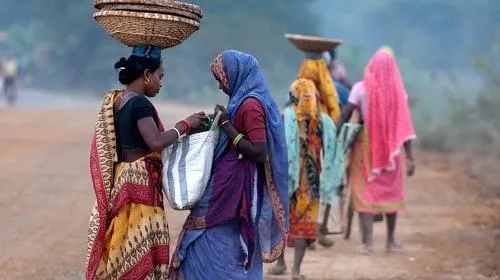CARE shares the anger and grief of our sisters and brothers in India over the recent and widely-reported brutal gang rape and death of a 23-year-old woman in the capital city of Delhi.
We join hundreds of thousands of Indians calling for justice in this case and addressing the deeper underlying causes of abuse and injustice. We support their efforts to seize this moment to build on and strengthen strong policies, procedures and mechanisms in India to change the long-standing and deep-seated ways of thinking that make daily acts of violence and discrimination against women and girls acceptable.
For millions of women around the world, violence, discrimination and restrictions of their basic freedoms are a daily reality. We believe that ending such acts is not only the right thing to do, it is also critical to the effort to eliminate extreme poverty and build a safer, better world for us all. Societies cannot prosper when half of their people are not allowed to fulfill their potential as human beings and fully contribute to their development. CARE works around the world to better enable women and girls and indeed all poor and marginalized people to realize their basic human rights, equity and equality, and play their full roles in improving their lives and those of their families and communities.
CARE India responds
Violence against women and girls assumes gigantic proportions in a patriarchal social system like that of India. Not only is violence against women and girls rampant and routine, long standing ways of thinking and acting have made it normal and acceptable in the society, making India the fourth most dangerous country for women, according to a 2011 Thompson Reuters Foundation poll.
In response to the recent attack and rape in India, CARE India is calling on the government of India to make long-term commitments in the form of standard procedures and mechanisms in dealing with cases of violence against women, stricter policies and laws, capacity building for police personnel and a recognition of the the need to engage with men and boys to address deeper social issues.
In India, CARE focuses on the empowerment of women and girls particularly from low caste and tribal communities because not only are they disproportionately affected by poverty and discrimination; but in a patriarchal society, they suffer from multiple deprivations in the realization of their rights and entitlements.
One billion women will be victims of violence in their lifetime
Gender-based violence is one of the most pervasive and, yet, least-recognized human rights abuses in the world. In all of our programs, CARE works to eliminate the behaviors which perpetrate gender-based violence and inequality. Empowerment of women and girls, then, is both an end in itself as well as an indispensable milestone in achieving a just and equitable society.

